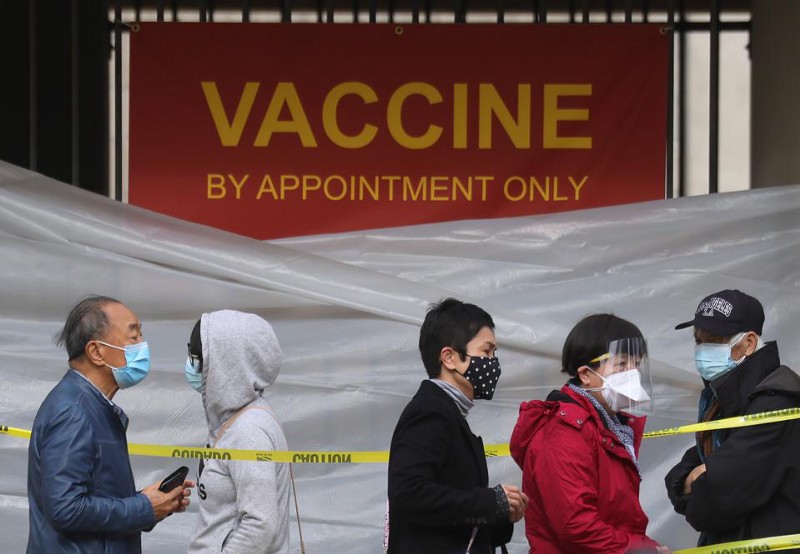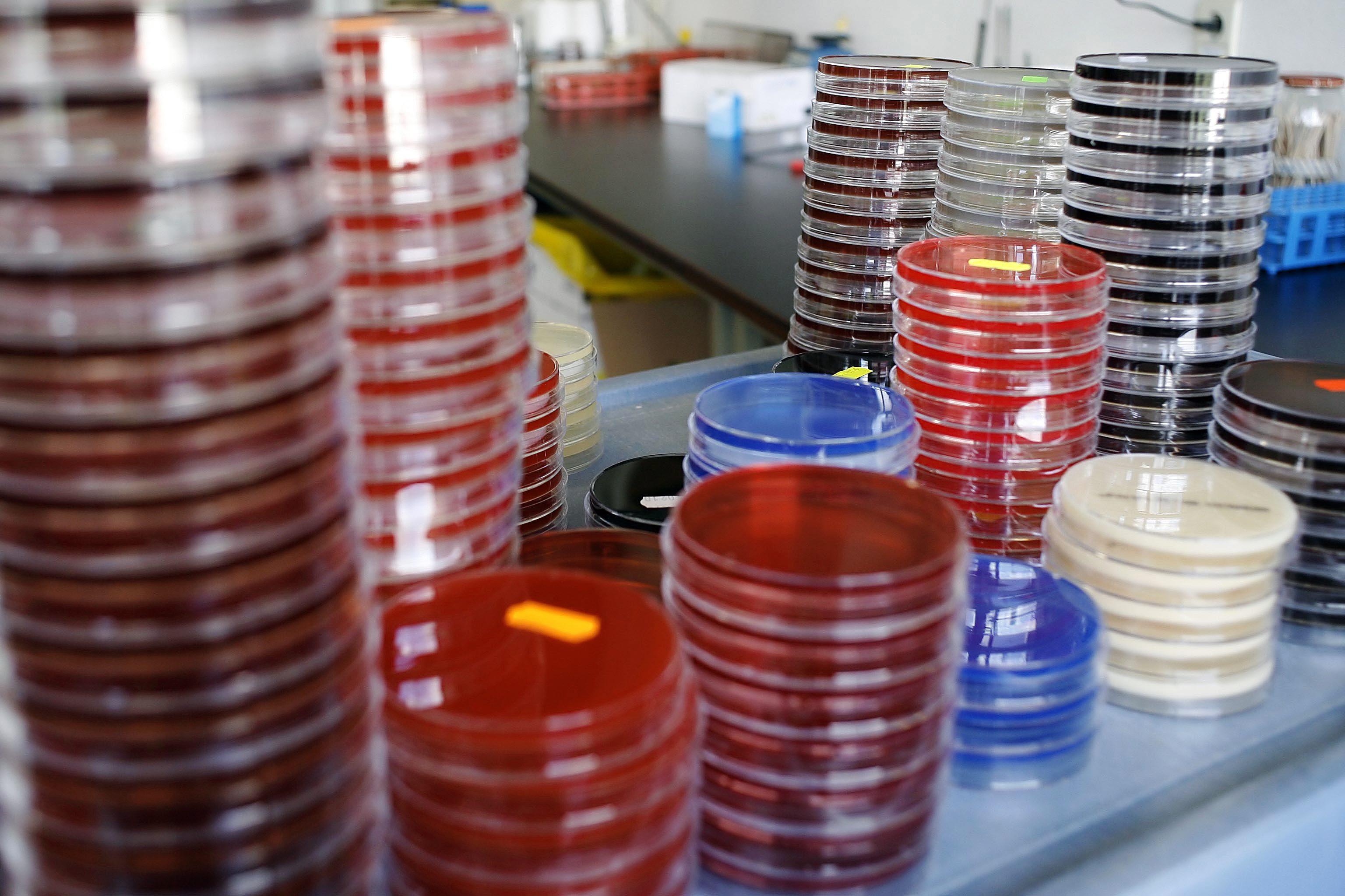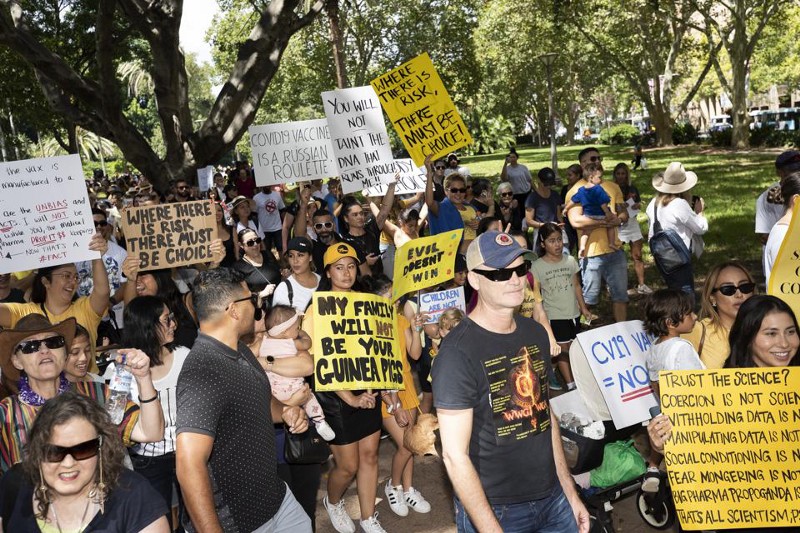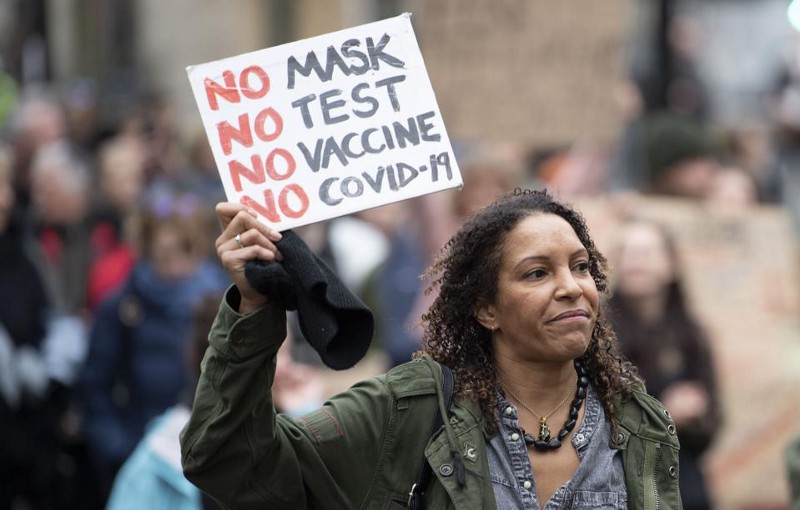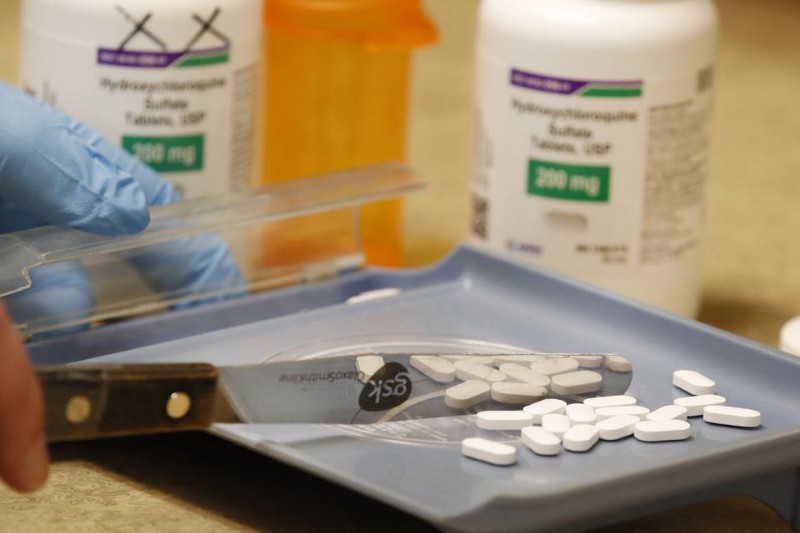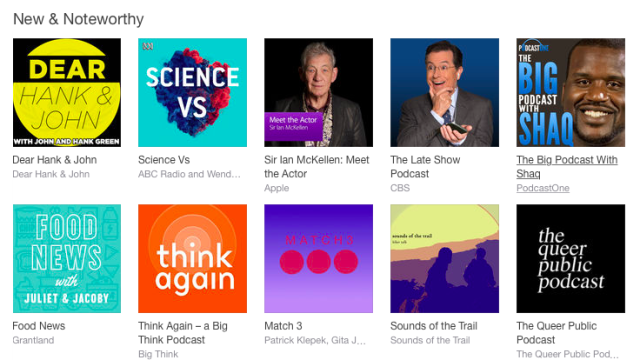5% Non-Vaccination Rate for Measles Harms Group Immunity

The anti-vaccination movement has brought devastating illnesses to the forefront of our society, like whooping cough and measles. Illnesses that I considered once upon a time stories of my grandparents’ and great-grandpartents’ generations, just some ramblings about some contraption called “the Iron Lung.” We thought science had eradicated such tragedies. But cases like the latest Disneyland measles outbreak have reminded us that these illnesses can still threaten us when enough people decide to opt out from vaccinating themselves and their children.
In a recent Reddit thread, Seth Blumberg, a physician-scientist based out of the University of California, San Francisco and St. Mary’s Medical Center, along with his colleague Jennifer Zipprich, held an AMA (ask me anything). Both studied the recent measles outbreak in Disneyland and wanted to offer up their expertise and time to help answer any burning questions about vaccines and outbreaks. The most interesting discussion surrounds their recent study into the measles outbreak in California and “whether or not the transmission of measles has increased to the point where it may once again become endemic in the United States.”
Blumberg said:
“Fortunately, we find that the transmission of measles is probably still controlled, but that vaccination remains an essential public health policy.”
However, there are concentrated populations of parents who fear vaccines cause health complications and it’s difficult to reason with such a strong emotion. Many in the forum wondered what scientists would say to those inquiring about the value of vaccination. Blumberg responded:
“I do not believe that vaccination will ‘save my kid’ from having measles. Thus, I understand the hesitance of many parents to vaccinate. However, I am convinced that the risks are minimal. But more importantly, I know that the prevention of measles requires the collective effort of the entire community. I believe that not vaccinating my kid would be selfish, in the same way that it would be selfish for me (as a physician) to refrain from getting vaccinated for the flu and thus increase the risk of my immunocompromised patients getting very sick.”
It’s not just about your child — it’s about everyone else’s child as well. However, falsified data continues to live on with celebrities propagating the idea that vaccines are dangerous. Blumberg says that research on vaccination “is a complicated subject and it is easy for scientific reports to get misinterpreted. Unfortunately, the measles literature has suffered from some outright falsified data that has complicated the public understanding of the risks / benefits of measles.”
In the book Deadly Choices: How the Anti-Vaccine Movement Threatens Us All, by Paul A. Offit, MD, he discusses and dissects the events that drove the anti-vaccination movement and its sad outcomes. It’s a movement mostly driven by fear, politics, and bad science, and he does a wonderful job breaking down the science of why it’s important for the individual to vaccinate, if they are able, to protect the community. For one example, he writes:
“For highly contagious infections — such as measles or pertussis — the immunization rate needs to be about 95 percent. For somewhat less contagious infections — like mumps and rubella — herd immunity can be achieved with immunization rates around 85 percent.”
Without those rates, communities become susceptible to spreading disease, enough that even some of those vaccinated will become infected.
To read more of the discussion on vaccines, measles, and if we’re headed toward an epidemic, head over to Reddit.
Photo Credit: Shutterstock
